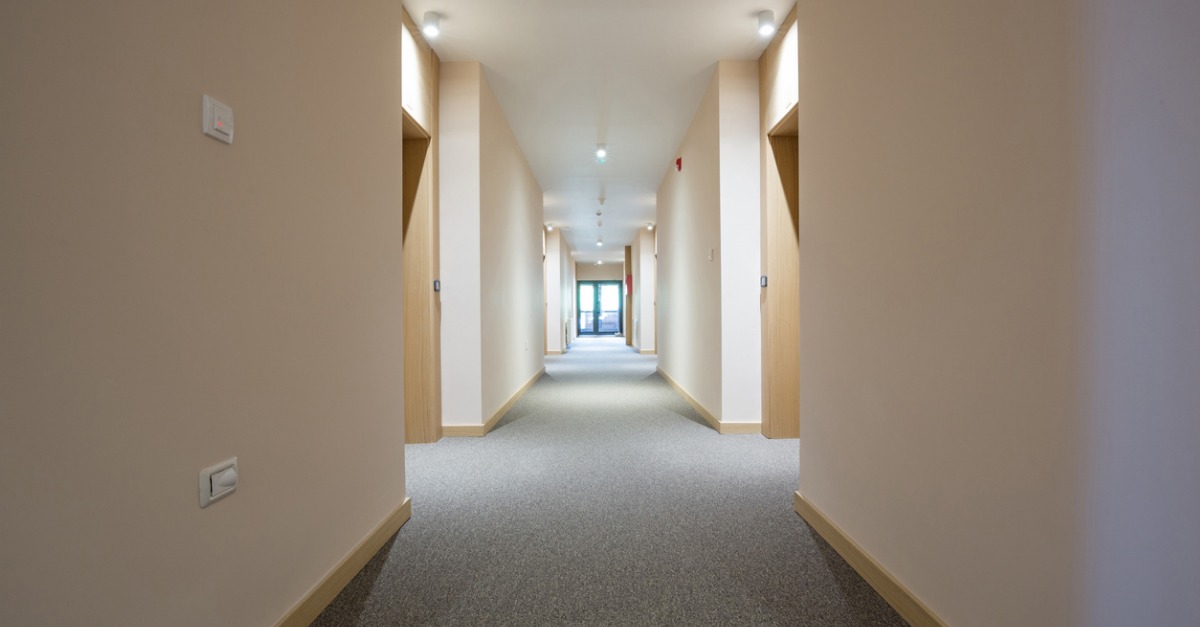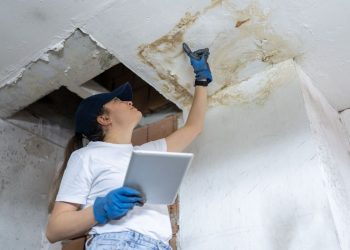A rental property can provide you with a consistent income stream and can be a wise investment. If you’re thinking about buying a rental property that’s already occupied, consider the pros and cons.
What Happens to Existing Leases?
Even though a lease is an agreement between the current landlord and tenant, it is tied to the property and continues to be valid if the property is sold. A new owner can’t change the terms of the lease agreement, raise the rent, or force tenants to leave simply because the property changed hands, unless the lease says the current owner has the right to terminate the lease if the property is sold. If the tenants are renting month to month, a new owner can change the terms of the agreement with adequate notice, subject to limitations set by state and local laws.
Advantages and Disadvantages of Inheriting Tenants
The biggest benefit of buying an occupied rental property is that you can begin to receive rental income as soon as the purchase is finalized. Since advertising a rental, processing applications and screening candidates is time-consuming, having tenants already there could save you a lot of time and money.
The downside is that the current tenants might not be responsible and reliable. They might not consistently pay their rent on time and might cause property damage. The current landlord could be selling the property to pass problematic tenants onto someone else. The landlord also might not have adequately screened tenants or might have accepted anyone just to be able to say the property was occupied.
How to Avoid Problems
Before you agree to buy a rental property that’s currently occupied, gather as much information as you can. Request records related to the tenants’ rent payments and copies of their credit reports. Ask to view the units so you can look for any damage. If the tenants don’t pay their rent on time or don’t take care of their homes, consider passing on the property.
If you want to purchase the building, review the current leases so you understand the terms. Ask the owner to transfer the tenants’ security deposits to you as a condition of sale. If that doesn’t happen, you’ll be responsible for refunding security deposits when tenants move out, even if you didn’t receive the money when they moved in or when you purchased the property.
The current tenants and the seller should fill out an estoppel agreement that’ll transfer the security deposit to you. It will also specify any circumstances that aren’t a standard part of the lease, such as appliances that belong to the tenant and will be removed when the tenant moves out, to protect everyone from disputes later.
Make a Careful Decision
Buying an occupied rental property could help you earn money right away, but it carries substantial risks. Before you agree to a purchase, learn as much as possible about the current tenants and the condition of the property.











